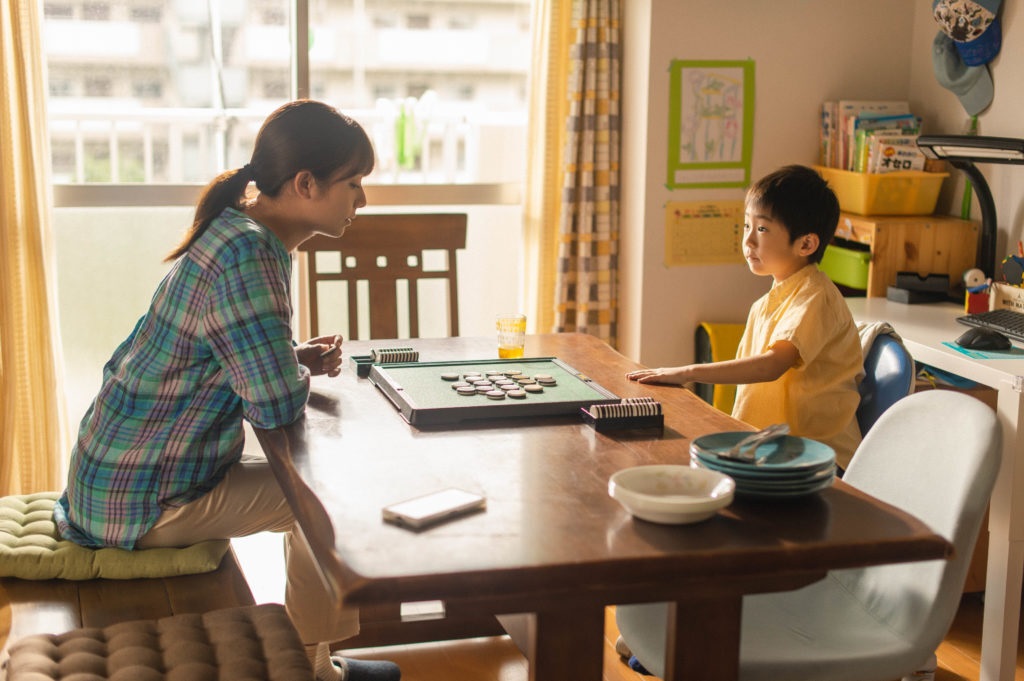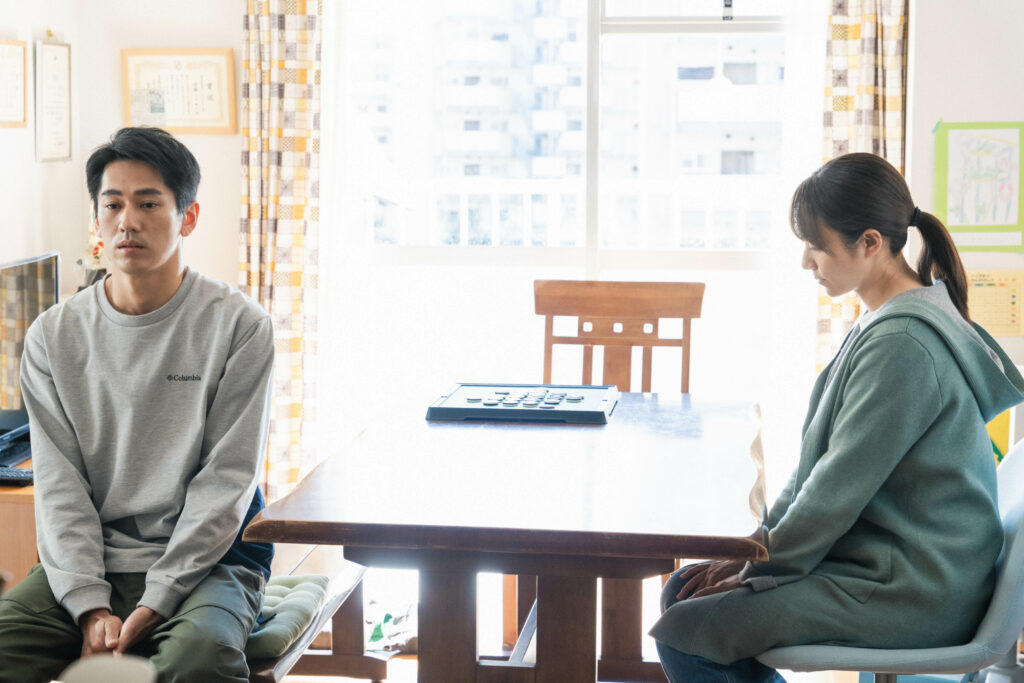
| Japan, France, 2022 | Drama, Slice of Life | Low-key Mainstream | Trailer |
It is always a pleasure to me to return to the screening rooms for one of these charming made in Japan domestic stories. The friend that came with me -mostly acquainted with more “mainstream” authors, historic dramas, action flicks or manganime-, pointed at the particular flavour Love Life transmitted to him, labelling it as “unusual” for a Japanese work in his view. It was funny to me to see how perceptions can vary between different individuals and their customs – to me, almost all Japanese films that I can get to experience in theatres here are exactly of this kind, and, oppositely, I am able to see the other genres in television only.
I believe there is a certain je ne sais quoi of tasteful in domestic dramas like Love Life. As I have appointed in other Corners before, Japanese filmmakers are extremely good at portraying stories on house levels, even overlapping them with other genres (as in Café Funiculi Funicula, for example). Furthermore, I would add that they know what exact kind of visual aspect fits to them. Love Life, as a representative of this family of audiovisual fictions, would had not given the same impression if made by somebody belonging to another nationality or culture, even if the script was exactly the same. Is it, perhaps, a purely idiosyncratic skill, a trait well-imprinted in Japanese artists since the dawn of their culture?
This movie talks about bonds, loneliness, overcoming gaps between people and finding the own identity. Taeko, the main character, lives a happy life with her husband and her small son, until a sudden event shakes her life and she is forced to find herself again under new circumstances. We witness her doubts, her fears, her attempts of expressing her feelings through her actions and words. Following an interview the director gave, the movie intends to show the slow changes and progresses women are able to make in 2022 Japan, out of traditional views. Taeko is active, doubts, asks, acts, questions, decides, repents, comes back and loves and lives. Even if on a small domestic scale, she finds herself as the main character of her life. Should not we all be able to find that position at some point in our lives too?
The movie also highlights the existing incommunication between characters on simple but strong ways – making people not look at each other’s faces while talking, phone calls instead of face-to-face, sign language, mirrored scenes, curtains and wall separating the interactions, or between the camera and the characters… It delivers the flavour of a theatre play sometimes, but the white light and bright palette of this film reminds us that this needs to be seen on a screen in a dark room.
Because, in the end, Love Life talks about… exactly that. Life is how it is, difficult, not always fair, frustrating on small scales. But we can have the ability to see the light and the soft white ambiance before and around us, and, for brief moments, discover our position as main characters, overcome hurdles, bond with others, recover from quakes, and just love. Viewing this film should be a good reminder of it.
